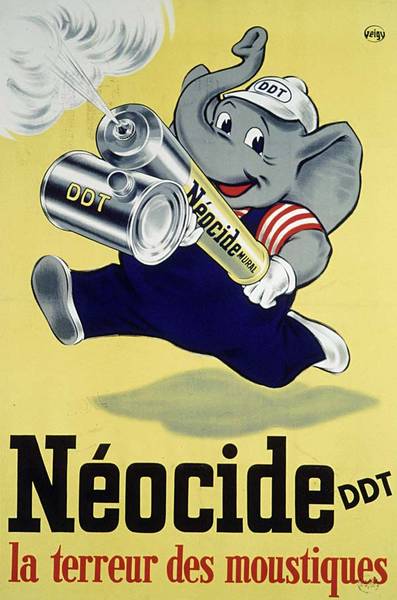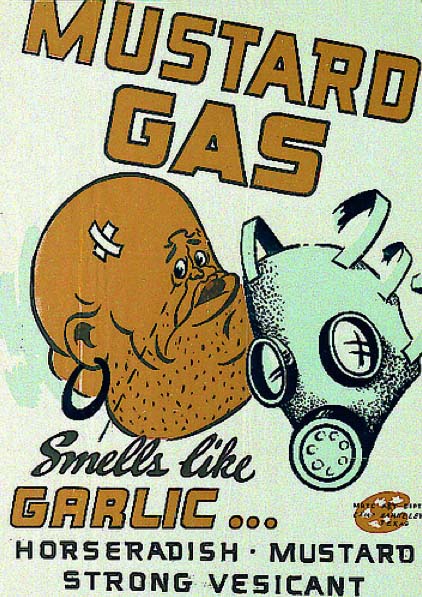Hazardous Chemicals: Agents of Risk and Change (1800 - 2000)
Conference
27.04.2012 – 29.04.2012
Location: Deutsches Museum, Munich
Conveners: Paul Erker (RCC), Ernst Homburg (University of Maastricht), Elisabeth Vaupel (Deutsches Museum)
Read the Conference Report (pdf, 100 KB)
Program, English (pdf, 4,330KB)
Call for Papers, English (pdf, 152KB)
The Research Institute of the Deutsches Museum, the Department of History of Maastricht University, and the Rachel Carson Center for Environment and Society are planning a joint workshop dealing with the history of hazardous chemicals.
Chemistry is undoubtedly one of the sciences with the greatest social and economic impact. During the past two centuries millions of new substances have been discovered, and a few thousand of them have become novel industrial products. In several cases the scale of production, together with by-products and wastes, has led to previously unknown effects on human health and on the environment. Growing awareness of the impacts of hazardous substances on the economy, society, and the environment has stimulated new scientific insights, discussion of risk perception, and new legislation. Advances in analysis and detection of chemicals have played a large role in this respect. Since the 1960s, industrialized countries have adopted a framework for assessing and regulating toxic chemicals, which remains in force today. By this means attempts have been made, with varying degrees of success, to control individual pollutants using scientific and technical tools, including risk assessment, toxicological testing, epidemiological investigations, pollution control devices, trace measurements, and waste treatment and disposal technologies.


Photos provided by Deutsches Museum
The present workshop will focus on the interaction between (a) the growing presence of hazardous substances in the economy and the environment, and (b) the cultural, scientific, and legal responses by modern society to these hazards. In each paper a specific chemical or group of related chemicals, will take center stage: from the start of its industrial production, via the proliferation of its uses, and the discovery of its effects on workers and/or on the biosphere, to attempts to control its emissions and use, including the development of alternative products. The workshop will focus in particular on the history of specific chemicals that have had a profound impact on the way in which ecological and health effects have been perceived. Using a ‘biographical approach,’ it will trace the entire ‘life history’ (production, use, problems, risk assessment, management strategies, and disposal) of those hazardous substances, culminating at the point at which legislative controls or alternative technical pathways were finally established. The focus will be on the main period of chemical industrialization (ca. 1800-2000).
This event is free and open to the public. However, registration is required, as space is limited. Please register via email: ![]() E-Mail
E-Mail


